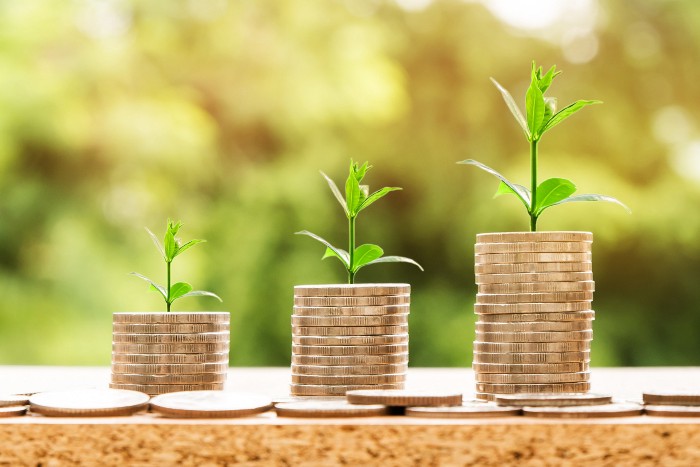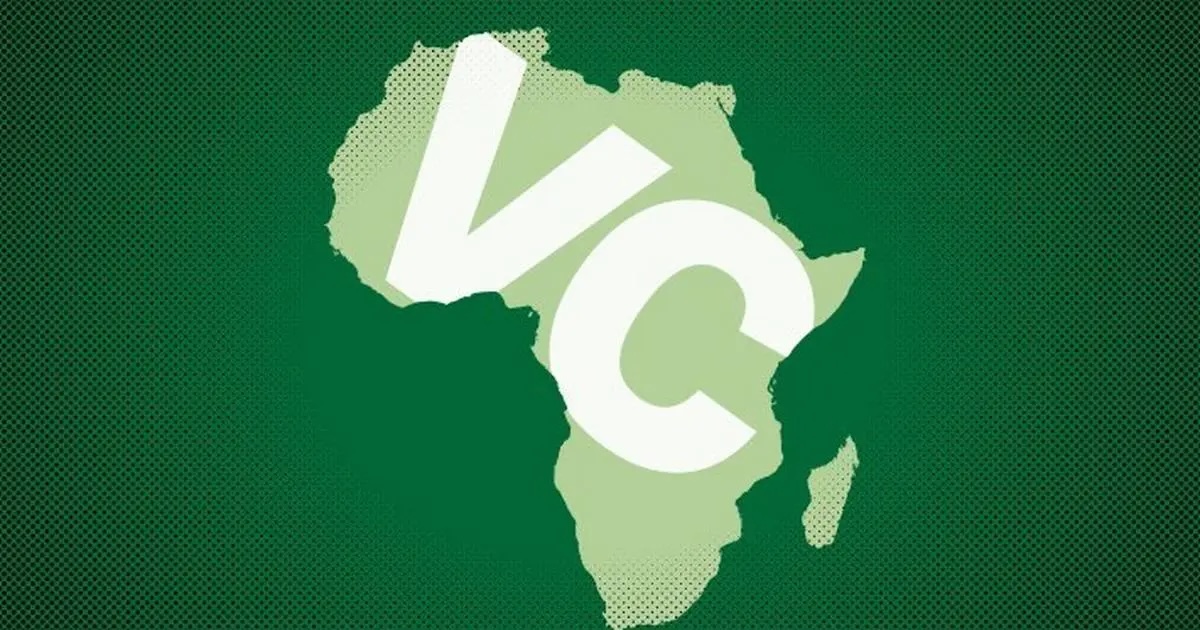
The African venture capital ecosystem has encountered significant headwinds in recent times. According to research firm Africa: The Big Deal, VC investments in Africa hit a four-year low in the first half of 2024, with startups raising only $780 million. This represents a 31% drop compared to the second half of 2023 and a staggering 57% decline from the first half of 2023.
Looking back at the previous year, we see a year marked by significant socio-economic upheaval that reshaped the venture capital landscape in Africa. Both the volume and value of venture capital investments decreased by close to a third, marking the first decline the industry had seen in a decade. Including venture debt, venture inflows to Africa in 2023 totaled $4.5 billion across 603 deals – $2 billion less than the previous year.
These figures paint a picture of a sector grappling with challenges and naturally, many investors hold back when the outlook is not great and would rather consider different asset classes. However, we think this is the time to be opportunistic as current challenges set the stage for what could be a prime opportunity for investors.
Here are some reasons why now is a good time to support startup founders or venture funds backing them in Africa.

Africa’s Persistent Problems: A Breeding Ground for Innovation
While these numbers might seem discouraging at first glance, they present a compelling case for why now is an excellent time to invest in venture capital in Africa.
First and foremost, Africa’s problems remain, and in many cases, have been exacerbated by recent global events. These challenges, ranging from healthcare access to financial inclusion, create a fertile ground for innovative solutions.
Historically, periods of economic downturn have often given birth to groundbreaking companies. Just as Uber and Airbnb emerged from the 2008 financial crisis, and successful tech companies in Africa such as M-Pesa and Paystack were born out of necessity, the current challenges on the continent could be incubating the next wave of transformative startups.
By 2050, one in every four people will be African. Significantly large businesses will be created by building the infrastructure to serve this market.
Valuation Reset: An Investor’s Dream
The current market conditions have led to more fair valuations. The reduced investment appetite has brought valuations down across the board, even in seed and early stages. This correction creates an environment where investors can enter at more attractive price points, potentially leading to higher returns in the long run.
It’s worth noting that 35% of deal volume in 2023 was constituted by startups raising their first round of venture financing, indicating a healthy pipeline of new, potentially undervalued opportunities.
More Disciplined Founders and Startups
Another positive outcome of the current market conditions is the emergence of more resilient founders and profitable startups. The challenging fundraising environment has forced founders to focus on profitability and efficient cash management. This shift from a growth-at-all-costs mindset to a more sustainable approach is likely to result in stronger, more viable businesses in the long term.
The tough times are creating stronger networks of founders who are more dedicated and able to bounce back. It’s also showing which types of businesses and industries work best. Those who keep going when things are hard will gain useful insights and benefit from staying power and gradual growth over time.
A Rich Talent Pool
The talent pool available to African startups has never been better. Global tech layoffs and a general tightening of the job market have made top-tier talent more accessible to startups.
In 2023, 781 investors were active in Africa’s venture ecosystem, indicating a robust network of support for new ventures. This influx of talent, combined with more reasonable salary expectations, allows startups to build strong teams without burning through capital.
Potential Interest Rate Cuts: A Catalyst for Dealmaking
While not specific to Africa, the potential for monetary policy rate (also called interest rate) cuts amid slowing inflation in major economies on slowing inflation could revive dealmaking globally, with positive spillover effects for the African VC ecosystem. Lower interest rates typically encourage more risk-taking among investors, potentially driving more capital toward venture investments in emerging markets like Africa.
Continued Fund Closings: A Sign of Confidence
Despite the challenges, funds are still closing, which is a good sign for the ecosystem. In 2024, several Africa-focused private capital funds successfully closed, including Adenia Partners ($470 million), Partech Partners ($300m), and TLcom Capital ($154m), among others.
These closings indicate continued investor confidence in the long-term potential of the African market. Beyond that, it points to a trend of local investors emerging to fill in some of the gaps created by the flight of foreign capital.
Promising Sectors and Trends
The concentration of dealmaking in financial technology, which accounted for 23% of deal volume and 48% of deal value in 2023, highlights the ongoing digital transformation of Africa’s financial services. This trend is likely to continue, creating numerous opportunities for innovative fintech solutions.
Moreover, the pathway to Net Zero gained momentum in 2023, raising a cumulative total of close to $790 million. Climate-related ventures currently represent almost half of all venture capital activity in the continent. This growing focus on sustainability presents another rich vein of opportunity for investors looking to make an impact while seeking returns.
The Bottom Line: Short-Term Challenges, Long-Term Advantages
While the current African VC landscape may seem challenging, it’s important to remember that current short-term difficulties can lead to long-term advantages. The reset in valuations, the focus on profitability, the availability of talent, and the continued closing of funds all point to a maturing ecosystem ripe with opportunity.
Investors who enter the market now, when valuations are more reasonable and startups are focused on building sustainable businesses, may be well-positioned to reap significant returns as the market recovers.
The challenges facing Africa remain pressing, and innovative solutions are needed more than ever. For those with the vision to see beyond the current downturn, now could be the perfect time to invest in the future of African innovation, which offers the potential for both out-sized impact and out-sized returns.
Follow us on Telegram, Twitter, and Facebook, or subscribe to our weekly newsletter to ensure you don’t miss out on any future updates. Send tips to editorial@techtrendsmedia.co.ke



